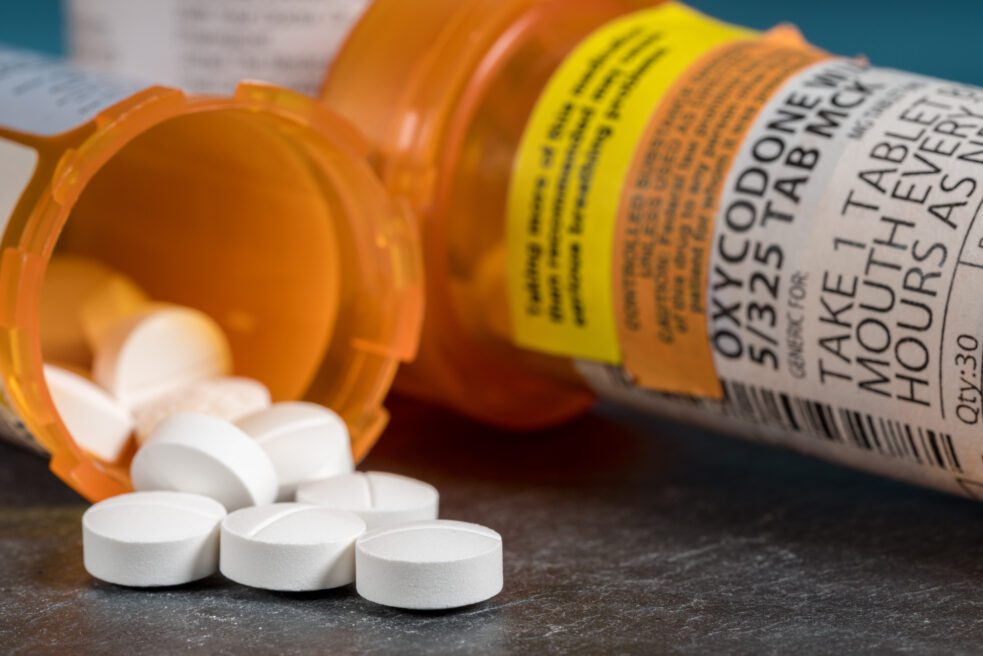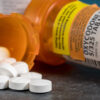More than three-quarters of Americans — 78% — say they are willing to try non-drug alternatives for pain before turning to prescription painkillers. Results from the Gallup-Palmer College of Chiropractic Annual Study of Americans show that 40% of Americans consider prescription painkillers such as opioids a “crisis” or “very serious problem.” And 55% of those who know about the nation’s opioid epidemic place some of blame on the drug industry’s encouraging physicians to prescribe opioids. Another 53% place a lot of blame on doctors overprescribing painkillers to patients. About 23% of those polled said prescription pain meds such as opioids are not very safe, and 8% said opioids are not safe at all. In 2015, more than two-thirds of the opioid deaths reported involved prescription opioids such as oxycodone, hydrocodone, morphine and fentanyl. Posted Sept. 13, 2017. Via Gallup.
Taking high doses of antipsychotic drugs over an extended period may be associated with poorer cognition in schizophrenia. However, taking low doses of antipsychotics such as benzodiazepines and antidepressants over a long time doesn’t affect cognition, according to a new study published in the journal European Psychiatry. The research also found that schizophrenia patients who took a long break from using antipsychotic drugs tended to see their cognitive function improve. Posted Sept. 5, 2017. Via EurekAlert/European Psychiatry.
Women who take antiepileptic drugs (AEDs) during pregnancy have a higher risk of having premature babies or babies that have a low birth weight for their age in the womb. Women with epilepsy who took AEDs while pregnant had a 9.3% increased risk of having a premature baby, while women without epilepsy who took an AED had a 10.5% increased risk, according to results published in the Annals of Neurology. Women who did not take a medication and didn’t have epilepsy had only a 6.2% increased risk of a premature baby. Compared to women who didn’t take an AED and didn’t have epilepsy, women with epilepsy who took one of the drugs gave birth to a child with a mean lower birth weight of 3.9 ounces. For women who took an AED and didn’t have epilepsy, the figure was 4.8 ounces. Common AEDs include Lamictal (lamotrigine), Topamax (topiramate), Tegretol (carbamazepine), Keppra (levetiracetam) and Neurontin (gabapentin). Posted Sept. 11, 2017. Via Medical Express/Annals of Neurology.






